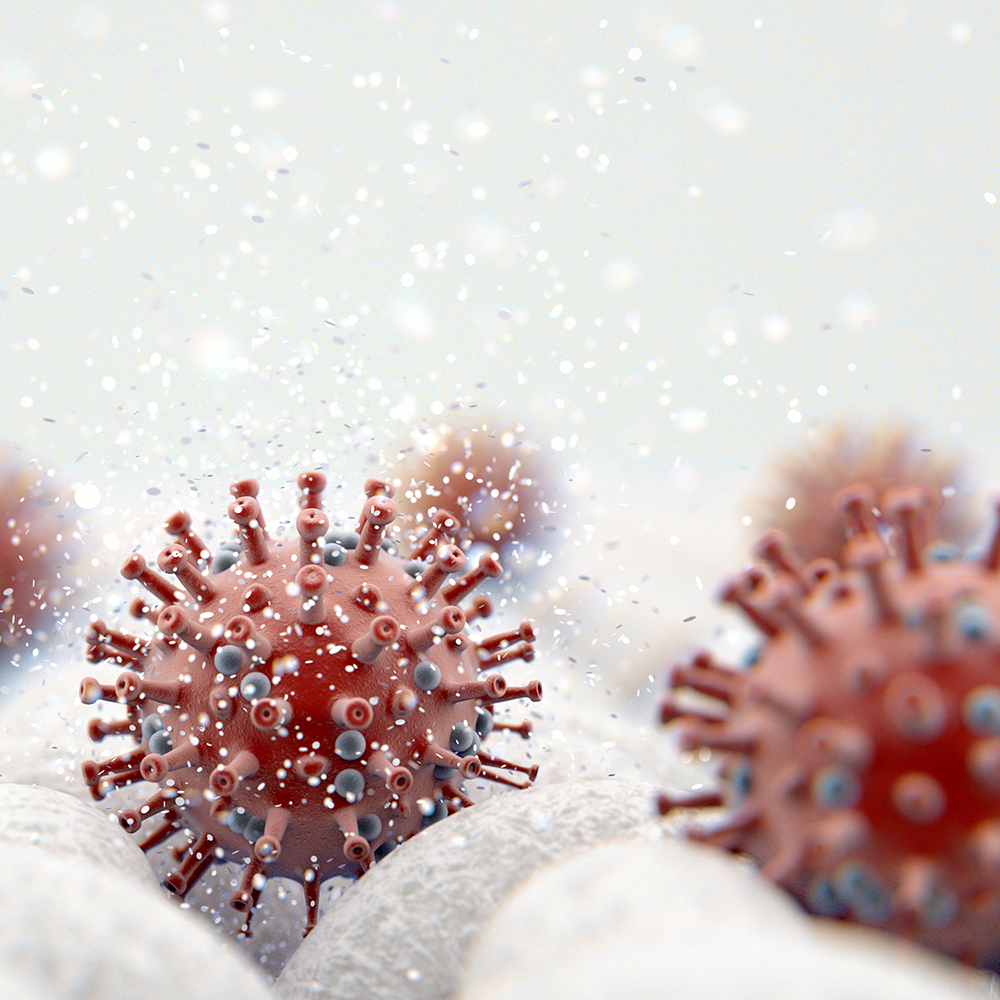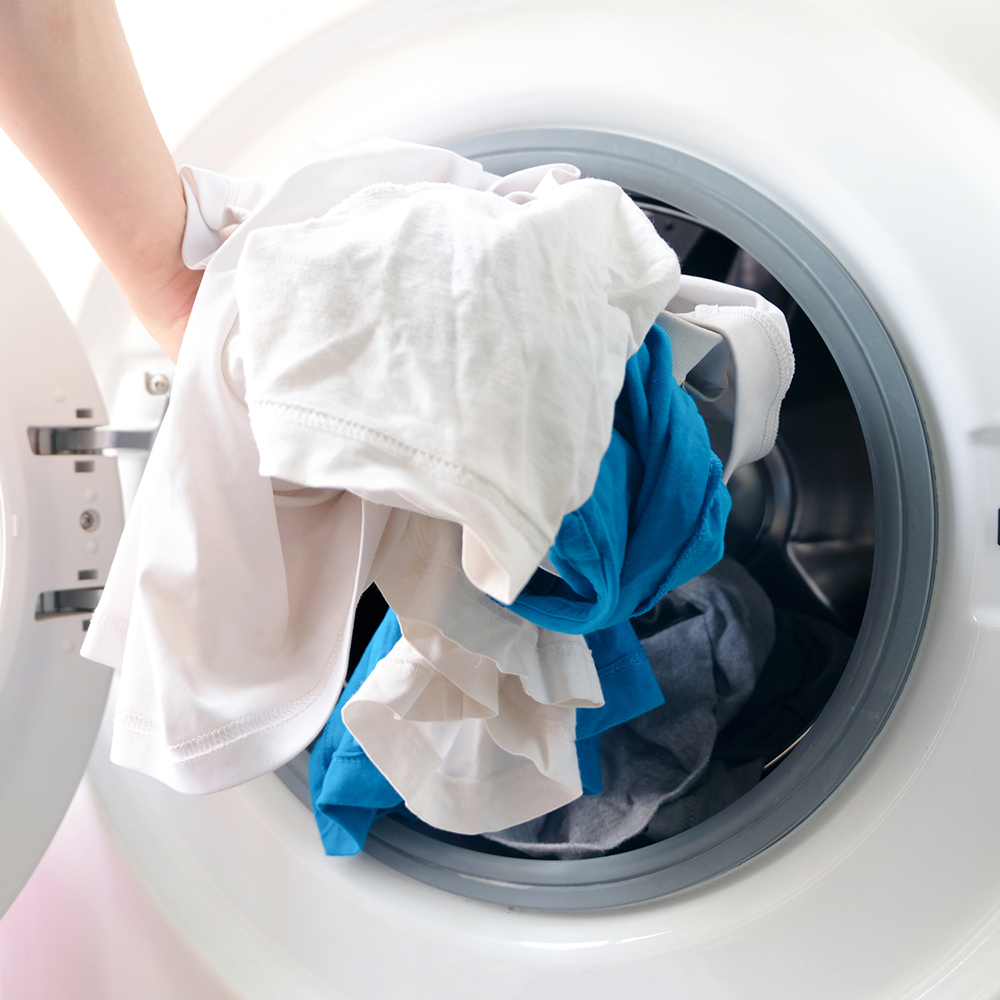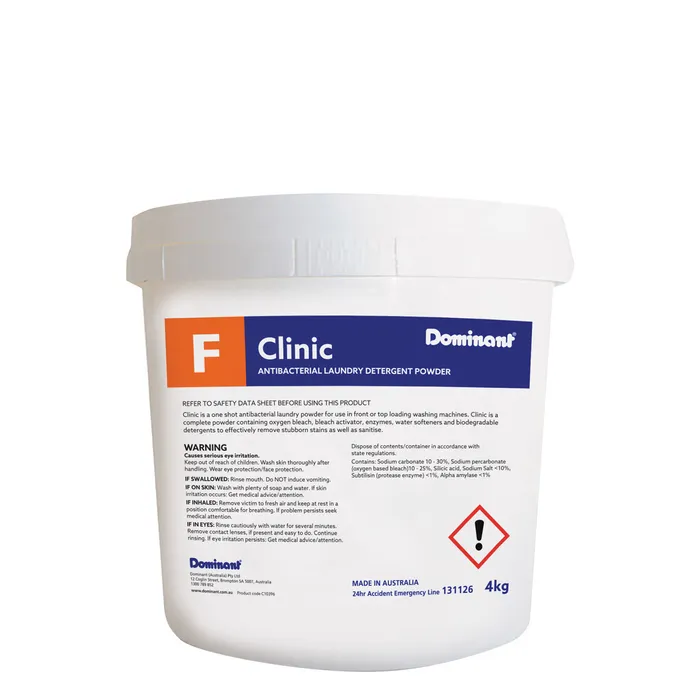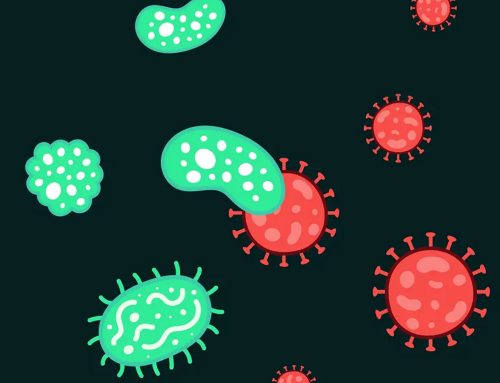A common concern amongst professionals is ‘Can germs be carried home on work clothes and potentially passed along to family members and themselves’.
The short answer, yes work clothes can transport germs. In fact, germs can accumulate in large numbers and spread through contact with soft materials, porous materials and even re-suspended in the air. This is particularly alarming when considering uniforms worn by medical professionals and waste collection workers. This leads to the possible exposure of family members to diseases, chemicals, pesticides and even asbestos.

Exposure to biological particles that could trigger allergies from clothes have been studied for pet allergies, pollen and dust mites. Along with the environments in which the clothing has been worn, such as schools, workplaces, vehicles and homes.
One study revealed that fungi and fungal spores in the homes of farmers can be up to 1000 higher when compared to non-farming homes.
One particular study has identified 275 fungal species and 54 species of bacteria on work clothing from waste collection workers alone. These workers are exposed to a wide range of bacteria species, including those that can cause hypersensitivity, pneumonitis and gastrointestinal infections.

The study also noted that germs could be transmitted from movement on a floor surface or even waste containers being emptied as it moves settled germs about in the air.
Germs can survive on textile surfaces for days and even weeks. Germs such as Staphylococcus aureus, Escherichia coli and Escherichia faecium can survive on cotton for up to 21 days. Staphylococcus and Escherichia faecium can survive on polyester for up to 7 days. Fecal coliforms can even survive on cotton and blended textiles for 120 days!
Covid-19 survived on clothing for 2 days and glass and money for 4 days. It managed to survive for 7 days on surgical masks, stainless steel and plastic.

While work clothing can carry germs, it is believed that there is a low risk of infection from soft, porous materials and textiles such as work clothing. It is still important to practice high standards of caution and hygiene, beyond just washing hands. We suggest using Clinic Laundry Powder for the best results. It is an antibacterial laundry powder designed for washing where temperatures required for thermal disinfection cannot be achieved, or are too high for the fabric type. It disinfects at just 40˚C and combines high level of detergency, enzymes and oxygen bleach for a superior clean. Plus, it complies with the requirements of ‘AS/NZS4146:2000 Laundry Practice’ giving a plate count of <1 cfu/cm2. Independently tested by Merieux NutriSciences, and proven to kill Escherichia coli, Proteus vulgaris and Staphylococcus aureus.







